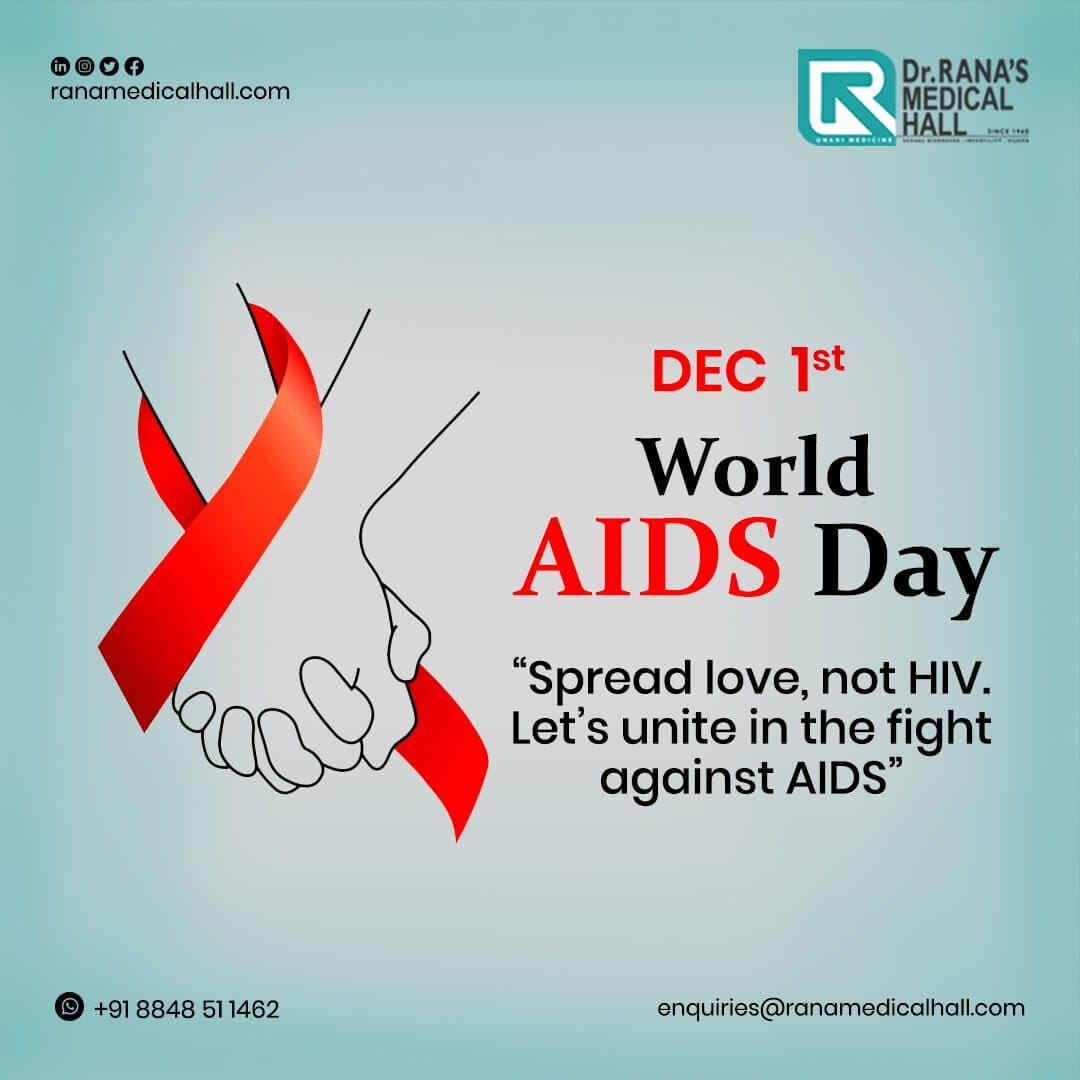
Sexually transmitted diseases Kerala
Sexually transmitted diseases – the most dangerous transmission ever!
Sex is soothing, relaxing, heavenly, fun- time, of course, stress buster, yup!! The attributes are endless… The feelings you get are beyond words. BUT… what if all these end up in danger, life-threatening and destroy your peace and make your life hell? Indeed, STDs are the most dangerous transmission ever! Dr Rana’s Medical Hall offers the best treatment for all sexually transmitted diseases, in Kerala.
How can you save yourself from contracting this dreadful sexual transmission?
Well, effective STD prevention begins before SEX itself. It’s your right to enjoy Sex, likewise, it’s your responsibility to understand more about this and keep yourself and your partner. Safe as well. In short, preach and practice ‘Safer Sex always’ !.
What are STDs?
Sexually transmitted diseases(STD) are a very serious illness that is mainly spread through unsafe sexual intercourse. STDs, or in other words STI, (Sexually Transmitted Infections) are very contagious diseases and can create long-term consequences in your peaceful life. STDs are very vulnerable illnesses and therefore it requires immediate attention and treatment. Hence they are also called venerable disease or VD.
Do one need to worry about STDs?
STDs are common nowadays but that doesn’t mean it’s NORMAL. One big problem is that sometimes it will not show any particular symptoms. However, Without treatment, STDs can lead to serious health problems and can become fatal. Hence, care and cure STDs immediately.
What are the common types of Sexually transmitted diseases?
- HIV
- Chlamydia
- Genital Herpes
- Genital Warts
- Gonorrhoea
- Some form of Hepatitis,
- Syphilis
- Trichomoniasis
How do you get contracted with STDs?
Sexually transmitted diseases (STDs), get transmitted mainly by having unprotected oral, vaginal or anal sexual intercourse with an infected person. However, Some STDs can be spread by non-sexual contact like accepting the tissues or blood of an infected person, breastfeeding, or passing the infection to child through childbirth.
How to prevent STDs?
- Say ‘NO’ to STDs by practicing ‘Safer sex’.
- Of course, You will be in a high-risk category if you don’t follow some Safe sex practices.
- It’s always safe to rely on one sex partner.
- Be cautious and keep yourself safe while having any type of physical or sexual contact with an unknown partner.
- You are at risk if you have sex with someone who has had many partners.
- Use a condom when having sex because Condoms are effective in preventing STDs that spread through body fluids, such as semen or blood.
- Undoubtedly, Sex workers or people who trade sex for money or drugs are more prone to STDs.
- Avoid sex when under the influence of alcohol or drugs
- Hygiene matters: Rinsing off after sex helps you to remove any infectious material on your skin. Women better should urinate after sex to reduce the risk of urinary tract infections (UTIs).
- Last but not least, Sex education helps to build awareness about the contagious STD.
What do you think about the above-mentioned precautions? If you know any further precautionary measures, do share with us.
What are the after-effects of STD?
First and foremost, Contracting with an STD weakens the immune system and as a result, you’ll be more vulnerable to other infections. STDs may damage your reproductive organs (making you infertile), your vision, your heart, or other organs.
- Gonorrhoea may lead to Pelvic inflammatory disease (PID).
- HPV, the virus family that causes genital warts may lead to cervical or anal cancer.
- Chlamydia-infected women are unable to have children.
- STDs passed to a newborn baby can cause permanent harm or even death to the baby.
There can be many known and unknown side effects and problems due to dangerous STDs. In short, STDs are very dreadful and of course, can even kill you.
What Are the Symptoms of STDs?
In some cases, there are no symptoms of STDs shown as such. But If symptoms are present, they may include one or more of the following:
- Swelling or redness near the penis or vagina.
- Uncontrollable Itching near the penis or vagina.
- Discharge from the penis or vagina.
- Vaginal discharge may have an odor.
- Vaginal bleeding other than a monthly period.
- Sex can be painful.
- Skin rashes in different parts of the body.
- Bumps, sores, or warts near the mouth, penis, vagina or anus.
- Pain while urinating.
- Body Aches, fever, and also chills.
- Weight loss and night sweats.
When to suspect whether you have contracted with STD?
After having unprotected sex with someone and later after a week or so you see any changes like pimples, warts, burning sensation, itching, swelling, redness or discomfort, in your body parts, especially near genital areas, be alert!!!, if it persists or gets worse, immediately seeks the help of a doctor because STDs are very contagious and can be deadly, it need immediate treatment and care.
The World Health Organization (WHO) statistics say that there are more than 1 million new STDs acquired each day globally and it is mainly widespread among youth.
Enjoy the ‘play’, but don’t ever play with the dangerous STDs…
Do you suspect any type of STDs??
Don’t take a chance, we have the authentic treatment and cure for any type of STDs like Genital Herpes, Gonorrhoea, Syphilis, Chlamydia, HIV, etc.. We assure you age-old, herbal medicines that are truly life-savers, which eradicate the terrible STD threat from your life.
Dreadful STDs can create a hollow in your life. So Be wise! Take the right medication and please don’t make a fool of yourself by going behind ‘hollow words’ and risking your life. Let peace be upon you always….
Treatment for Sexually transmitted diseases in Kerala
We owe our success rate to our customized time-tested herbal medicines, which is a definite winner. For the treatment of Sexually transmitted diseases in Kerala, Reach us at Kochi, Kottayam, Thrissur, Alappuzha & Angamaly.
Contact us for Telemedicine Online Consultation.


